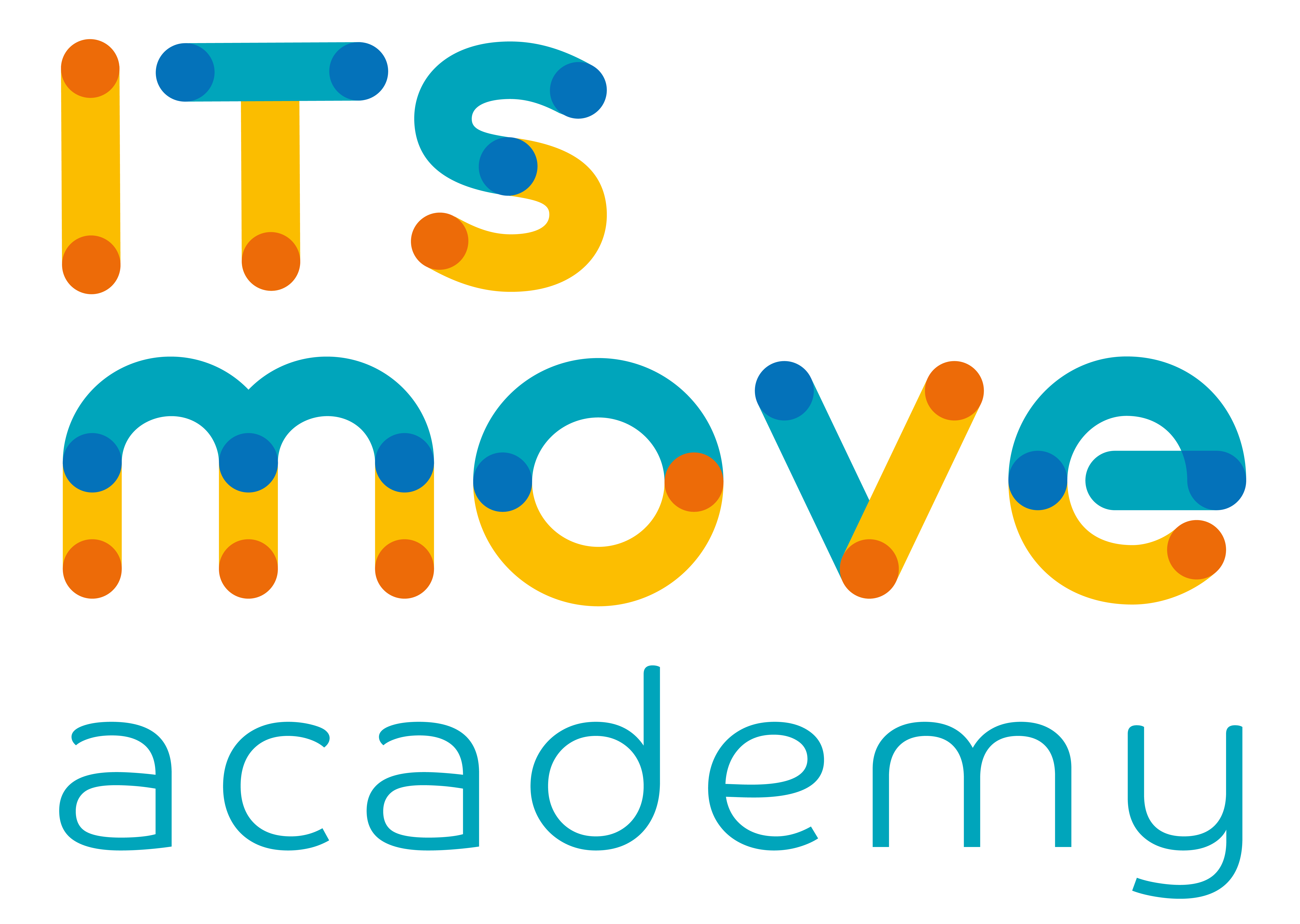When deciding which post-diploma training pathway to take, the job prospects and the earning possibilities play a key role. In the ever-changing world of technology, the industrial software programming is one of the skills most in demand and appreciated by the labour market. However, it is not easy to understand how to turn a passion into a solid and well-paid career.
The ITSor the Higher Technological Institutesoffer as part of their highly professionalised training packages some courses aimed at responding to specific needs in the world of work. These courses are in cooperation with companies in the sector and focus on advanced technologies and practical skills and are gaining more and more attention, especially because of their close connection to the world of work.
In particular, in the industrial software-related sectorsITS offers highly specialised training that prepares students to successfully enter the market. The Logistics planning and management in business of theITS Move Academyfor example, is designed to train technicians capable of planning and managing, in close connection with the company's purchasing, production and sales functions and with any external operators, internal logistics functions (handling and storage of goods, warehouse management, packaging) and external logistics functions (procurement of materials and/or semi-finished products from third parties, transport and delivery of goods) with the help of IT systems and applications and enabling technologies (Industry 4.0).
Unlike other forms of education, ITS has a strong ties with the industrial worldpreparing young people for technical and operational roles in high-demand sectors, such as industrial software.
Why is industrial software programming crucial today?
Industrial software represents the set of programmes and applications used in the control andautomation of production processes in factoriesin manufacturing companies and other industries. Its importance is growing with the advent of the so-called fourth industrial revolutioncharacterised by digitisation and the massive use of smart technologies.
Programming industrial software requires in-depth knowledge of specific programming languages, such as C++, Python and Java, and an understanding of the hardware architectures on which these programmes operate. In addition, those who develop software for industry must have a solid foundation in systems management and the ability to solve complex problems.
ITS are designed to provide a practical, hands-on trainingwhich translates into a preparation directly spendable in the world of work. ITS courses in the field of industrial software involve theoretical lectures supplemented with practical activities in the laboratory and internships at partner companies. These prepare students not only to write code, but also to work in multidisciplinary teams and solve complex problems. During the course, students learn to design, develop and test software in real industrial scenarios, facing concrete challenges that will simulate their future working environment.
In fact, one of the most interesting aspects of ITS is their direct connection with companies. From the beginning of the course, students are in contact with companies, which may become future employers. In addition, ITS has a strong continuing education component, allowing students to stay abreast of emerging technologies and innovations in the field of industrial automation, such as the Internet of Things (IoT) and artificial intelligence (AI).
In a context of exponential growth of digitisation, the demand for industrial software programmers is steadily increasingand ITS offer students a direct and highly specialised route into the world of work. Training through ITS is one of the best opportunities for those wishing to enter the world of programming and, in particular, the industrial software sector.

Author of the article
ITS MOVE - Editor



